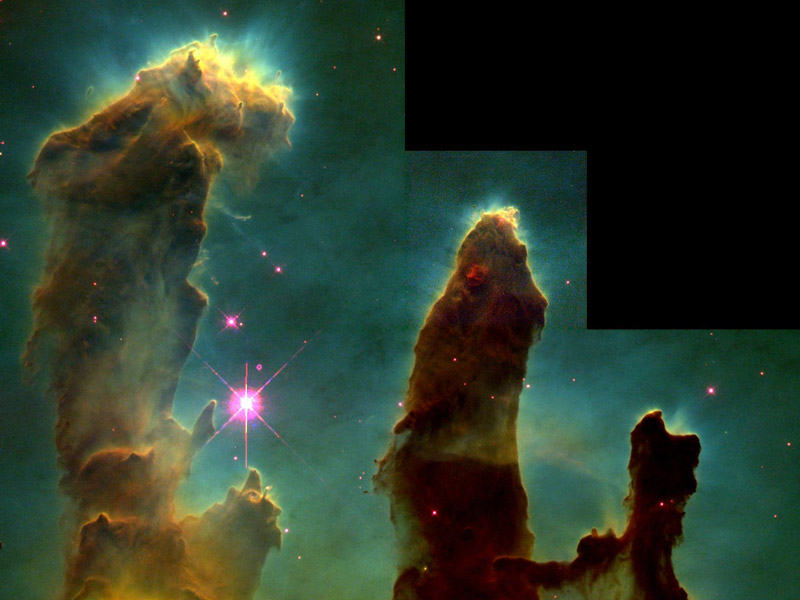Technically speaking, it would have been created by whatever caused the diaphragm in the microphone to flex or vibrate. If it was open to space, tiny particles hitting the diaphragm surface could "simulate" varying pressure, but so could varying pressure. I don't mean to be confusing; what I'm saying is that the mechanism in a microphone could be caused to operate by various things other than changes in air pressure. The coil inside the microphone has a magnetic core that senses the variations in the diaphragm. So magnetic variations could cause an output without the diaphragm ever moving. I know enough technology to question this method of gathering "Sun Noise".
It would be more appropriate to use a directional receiver dish and analyze the entire spectrum of radiation coming from the sun and see if some of it is in the sonic frequency range.
- Z.
It would be more appropriate to use a directional receiver dish and analyze the entire spectrum of radiation coming from the sun and see if some of it is in the sonic frequency range.
- Z.


